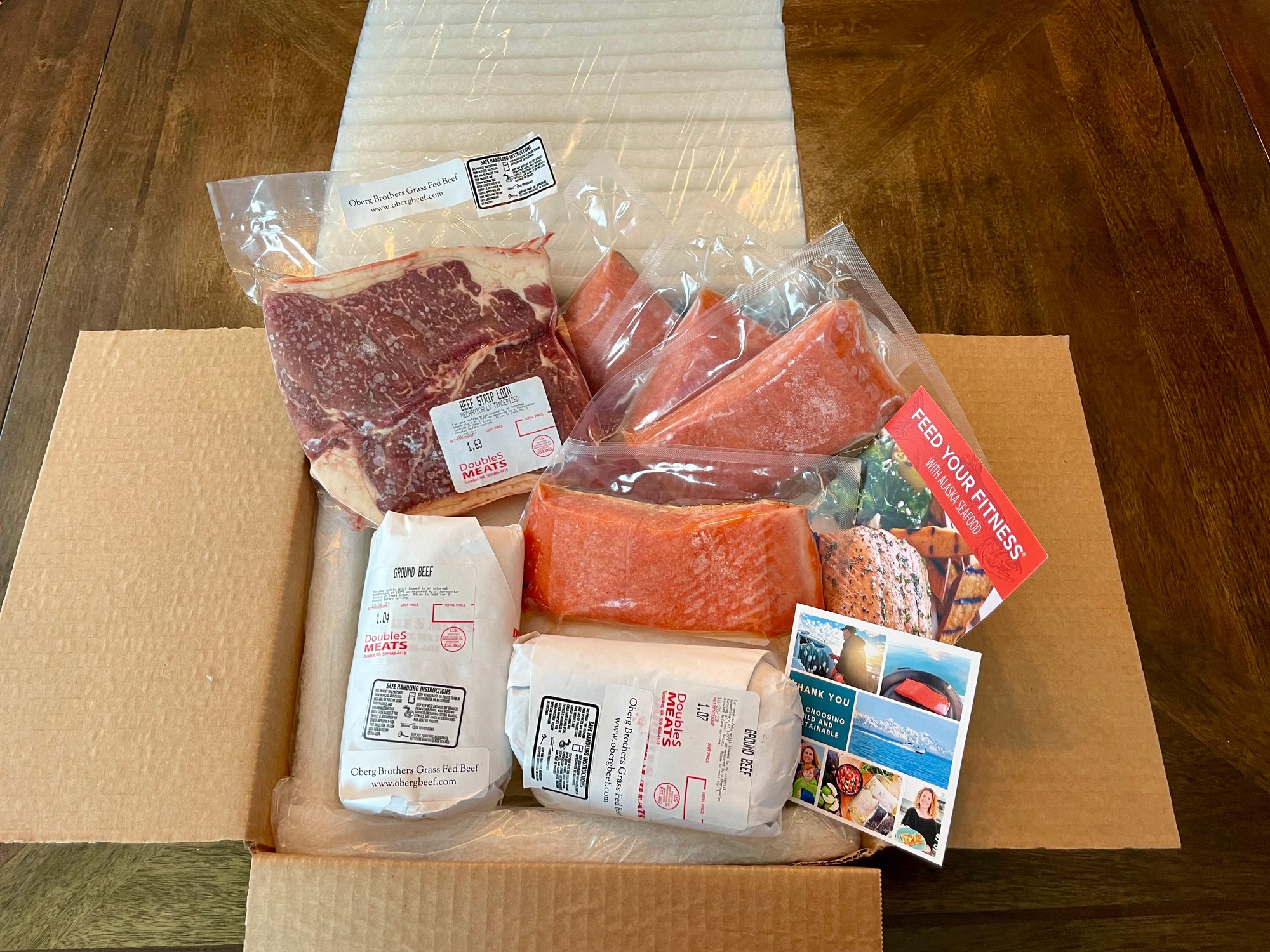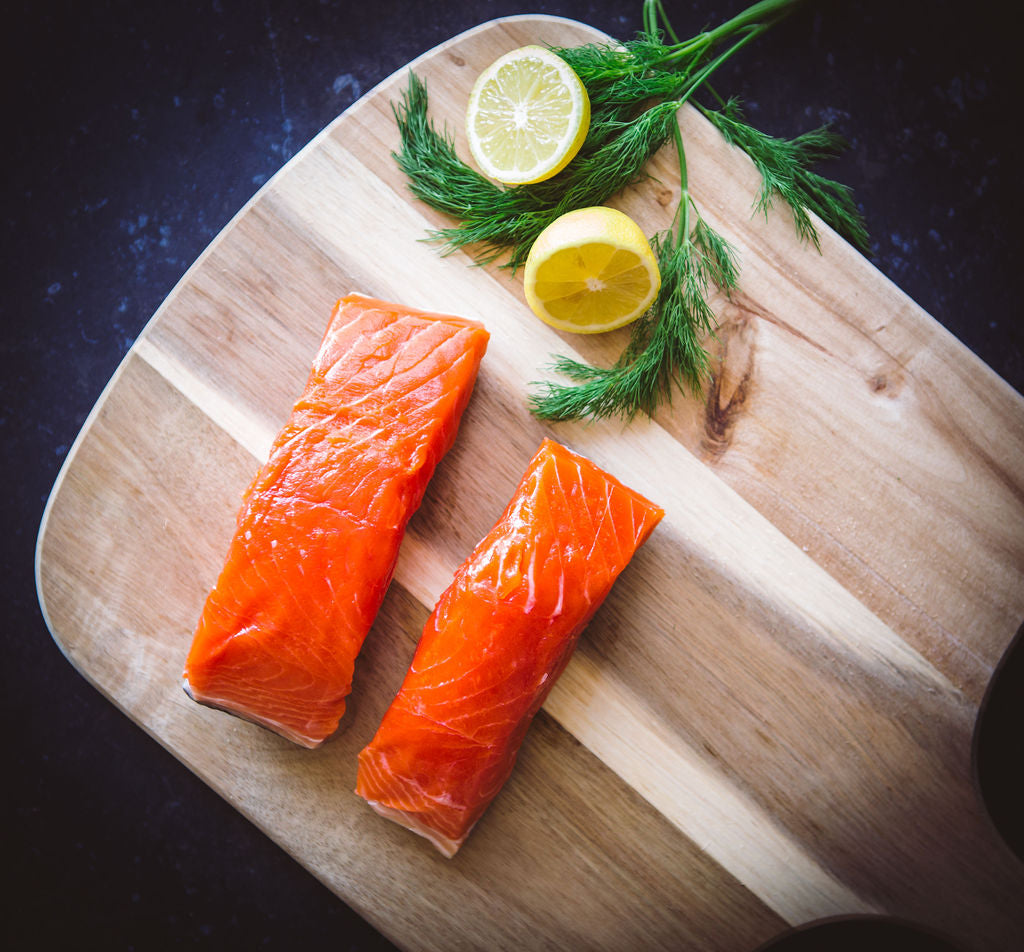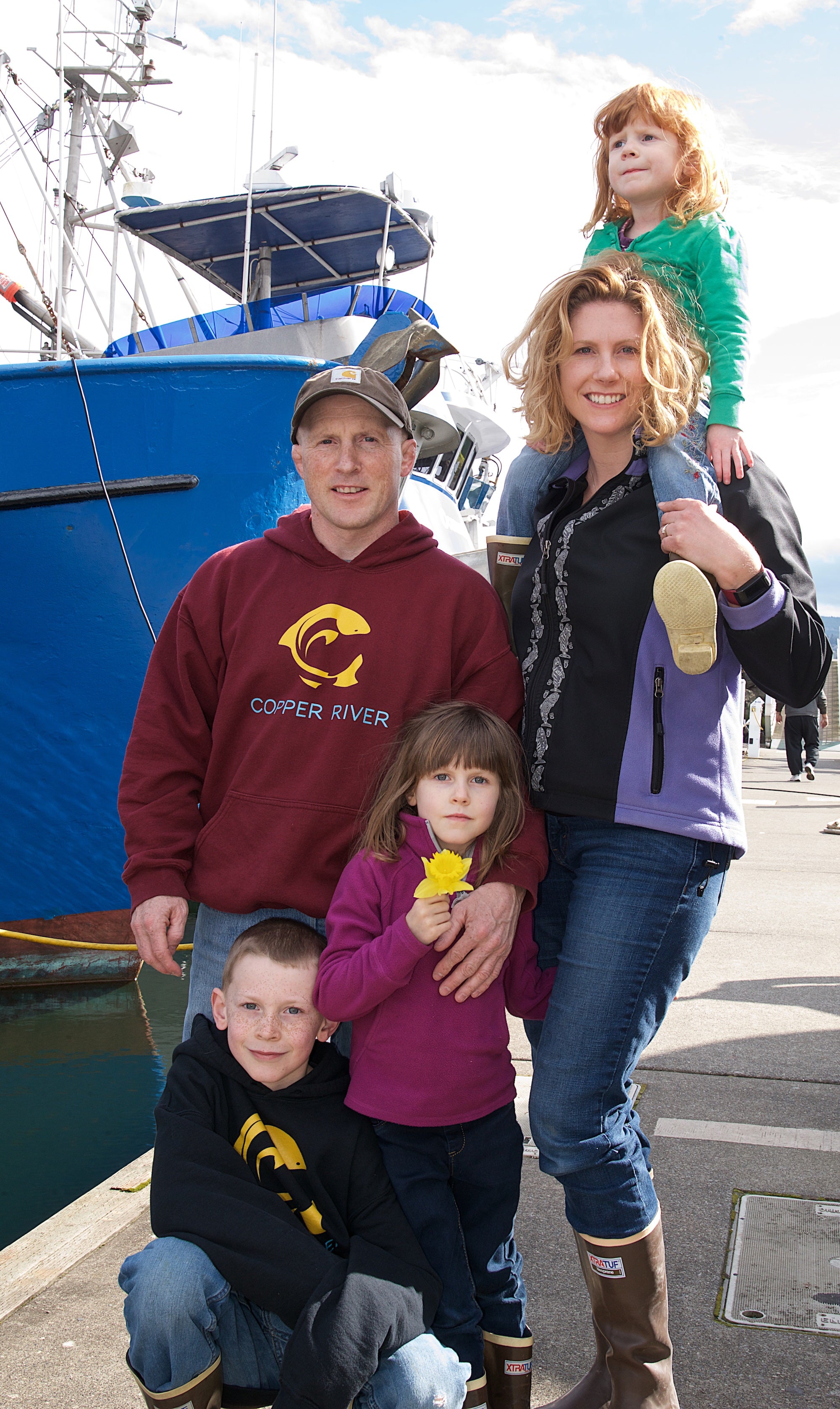Wild Alaskan fish and regenerative beef share several key similarities that make them stand out as premium, sustainable choices for conscious consumers:
-
Sustainable Sourcing:
- Both wild Alaskan fish and regenerative beef are sourced using sustainable practices. Wild Alaskan fish are harvested from well-managed fisheries in Alaska, where strict regulations ensure the preservation of marine ecosystems. Regenerative beef comes from livestock raised on regenerative agriculture practices, emphasizing soil health, biodiversity, and carbon sequestration.
-
Ethical and Responsible Production:
- The production of both wild Alaskan fish and regenerative beef prioritizes ethical and responsible practices. In the case of wild Alaskan fish, the fisheries adhere to guidelines that prevent overfishing and protect marine life. Regenerative beef is produced through farming methods that prioritize the well-being of animals, soil, and local ecosystems.
-
Natural Environment:
- Wild Alaskan fish thrive in their natural environment, contributing to the unique flavor and nutritional profile of the fish. Similarly, regenerative beef is raised in environments that mimic natural ecosystems, allowing cattle to graze on diverse pastures and promoting the health of the land.
-
High-Quality Nutrition:
- Both wild Alaskan fish and regenerative beef are known for their high-quality nutritional profiles. Wild Alaskan fish are rich in omega-3 fatty acids, essential for heart health, while regenerative beef is often leaner and contains beneficial nutrients when compared to conventionally raised beef.
-
Traceability and Transparency:
- Consumers can trace the origin of both wild Alaskan fish and regenerative beef, ensuring transparency in the production process. This traceability allows consumers to make informed choices about the food they are purchasing, supporting a greater connection between the plate and the source.
-
Minimal Environmental Impact:
- The production of both wild Alaskan fish and regenerative beef aims to minimize environmental impact. Responsible fishing practices in Alaska contribute to maintaining the delicate balance of marine ecosystems, while regenerative agriculture practices focus on enhancing soil health and mitigating the environmental footprint of beef production.
In summary, both wild Alaskan fish and regenerative beef represent sustainable, ethical, and high-quality choices that align with the values of environmentally conscious consumers. Choosing these options supports practices that prioritize the health of ecosystems, animals, and the overall well-being of our planet.
|
|
|







